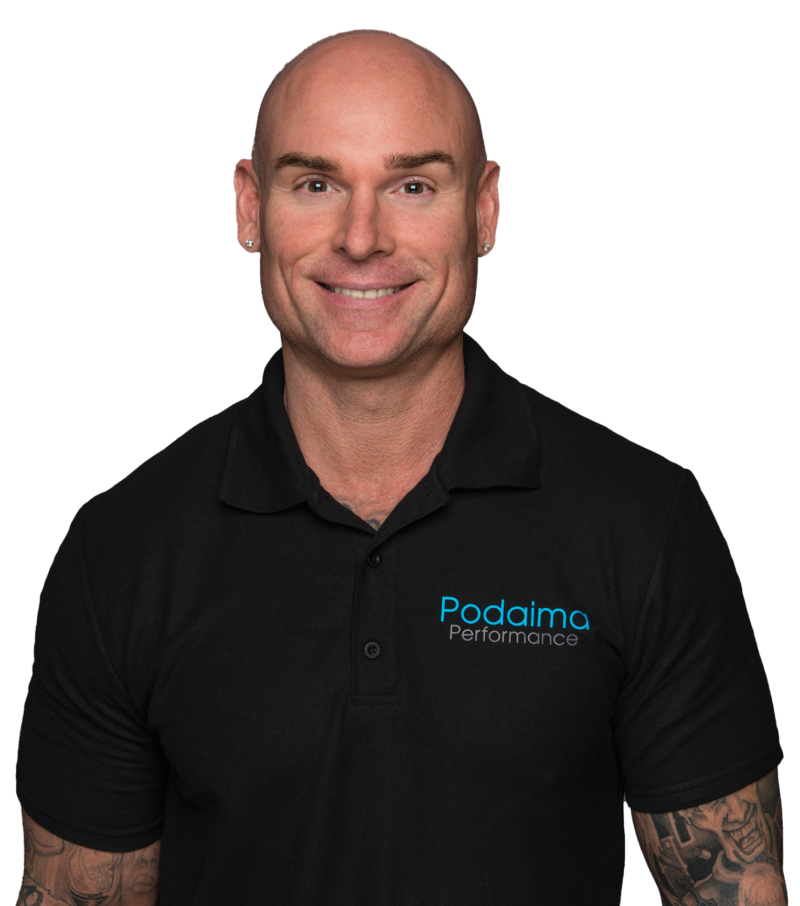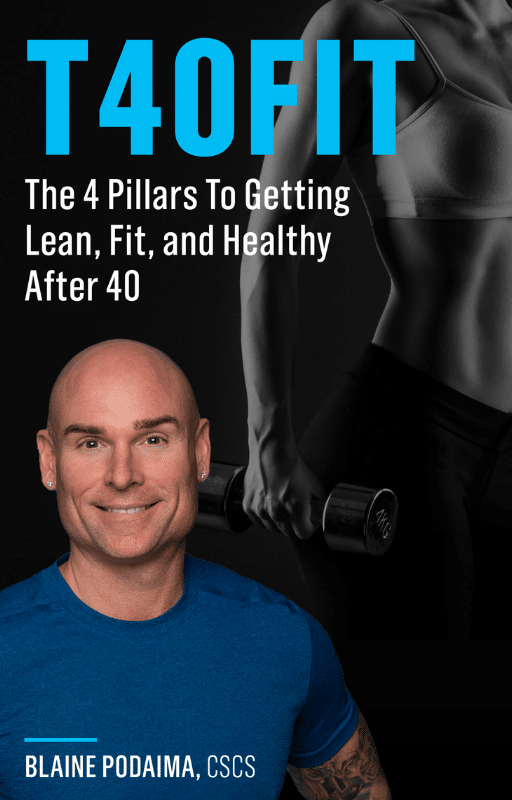In recent times, researchers have been examining the possibility of a state of being metabolically healthy; that is, carrying excess body fat, without having the negative healthy symptoms typically associated with obesity. While it may be possible to be overweight or obese, and technically healthy, the latest research shows that it is very unlikely.
Research on the subject is not perfect. Data was examined from almost three million adults last year, and the research claimed that being classified as overweight on the BMI scale may be linked to a longer lifespan, compared to those classified as “normal” on the same scale. However, this research was not without flaws.
The research review analyzed a total of 97 studies. It found that those with BMIs under 30, but above normal, which is the overweight range, had a 6 percent lower risk of dying from all causes than those who were in the normal range. Those were in the obese range, above 30, were found to be 18 percent more likely to die of any cause.
As mentioned earlier, the study had it’s flaws. It did not say whether those overweight who lived longer were affected by chronic disease or if their quality of life suffered in any other capacity. Furthermore, they only referenced BMI, which in itself is a very flawed scale. BMI is a ratio of height to weight, and does not take into account body composition, which means that a heavily muscled person could fall into the overweight category, even with very low levels of body fat.
Other research published last year found that healthy obesity could be a transient state. This means that while at the time of the study, the participants may have been healthy, but it didn’t mean that down the road, they didn’t suffer problems. Obesity still can cause health problems later in life if not addressed. This, combined with the flaws of the BMI scale, show that a metabolically healthy state of obesity simply doesn’t exist, regardless of how researches may try to prove that it does.
A recent headline from TIME magazine claimed “You Can’t Be Fit and Fat” – a headline that summarized a new study, which concluded that there is no such thing as being healthy and obese. The study was a systematic review and meta-analysis of included data from more than 61,000 people, and found that obese individuals were more likely to die sooner or have heart-related problems than people of normal weight – even if they were otherwise healthy. The researchers concluded the following:
“Compared with metabolically healthy normal-weight individuals, obese persons are at increased risk for adverse long-term outcomes even in the absence of metabolic abnormalities, suggesting that there is no healthy pattern of increased weight.”
The author of one the research summaries attempted to explain why the studies were flawed, and why the results they found, results showing that you can be healthy obese, were wrong. He came up with the following reasons.
• Several studies only looked at risk of adverse events, rather than actual measures of metabolic health. An overweight person who avoided an adverse event could have still have high blood pressure or other issues, but this wouldn’t have been reflected in the research.
• Studies compared healthy obese people to unhealthy obese people, instead of comparing them to healthy normal-weight people.
• Some studies only used small groups of participants or short time periods, which may have missed problems in larger populations or that occur over time, supporting the earlier theory that healthy obesity may be a transient state.
It is important to note that the studies did not find an increased risk of death or cardiovascular problems among those who were overweight and metabolically healthy, compared to those of normal weight and metabolic health. However, it did reveal that everyone with poor metabolic health had increased risk, regardless of body weight or BMI status. This means that regardless of your bodyweight, you should pay close attention to your metabolic health, as bodyweight may not be the only indicator of health risk.
Obesity itself is rarely listed as a cause of death. Instead, the complications of obesity, such as heart disease or diabetes, are blamed for a person’s death. If you are obese, your risk for a number of serious health problems multiplies. This is why it is vitally important to track your metabolic health, especially if your bodyweight is increasing, and if you are already obese, it is probably a good idea to try and work back into a healthy weight range.
For the reasons discussed above, BMI is probably a bad way to measure heart disease risk, as BMI does not account for the body composition and the distribution of fat and muscle. As an easy alternative, waist to hip ratio is a better predictor of heart disease risk than body weight or BMI. A large waist size is a good indicator of being unhealthy because it is a sign that you have too much intra-abdominal or visceral fat surrounding your internal organs. Thankfully, this is also one of the first signs that will change as a result of a weight loss program.
Another method is to body-fat calipers or a digital scale that determines body fat to figure out your body fat percentage. While not perfect, and usually inaccurate to some degree, they will still offer a much better picture of current body fat levels, and in turn health risks, than the BMI scale.
So to sum it up, it is more than likely not possible to be overweight and healthy. Even if you eat clean and exercise regularly you are still at an increased risk of premature death if you are overweight. If your goal is to improve health indicators, it would be a good idea to get lean and follow a proper diet and exercise program.
References:
http://articles.mercola.com/sites/articles/archive/2014/08/17/healthy-obesity.aspx


